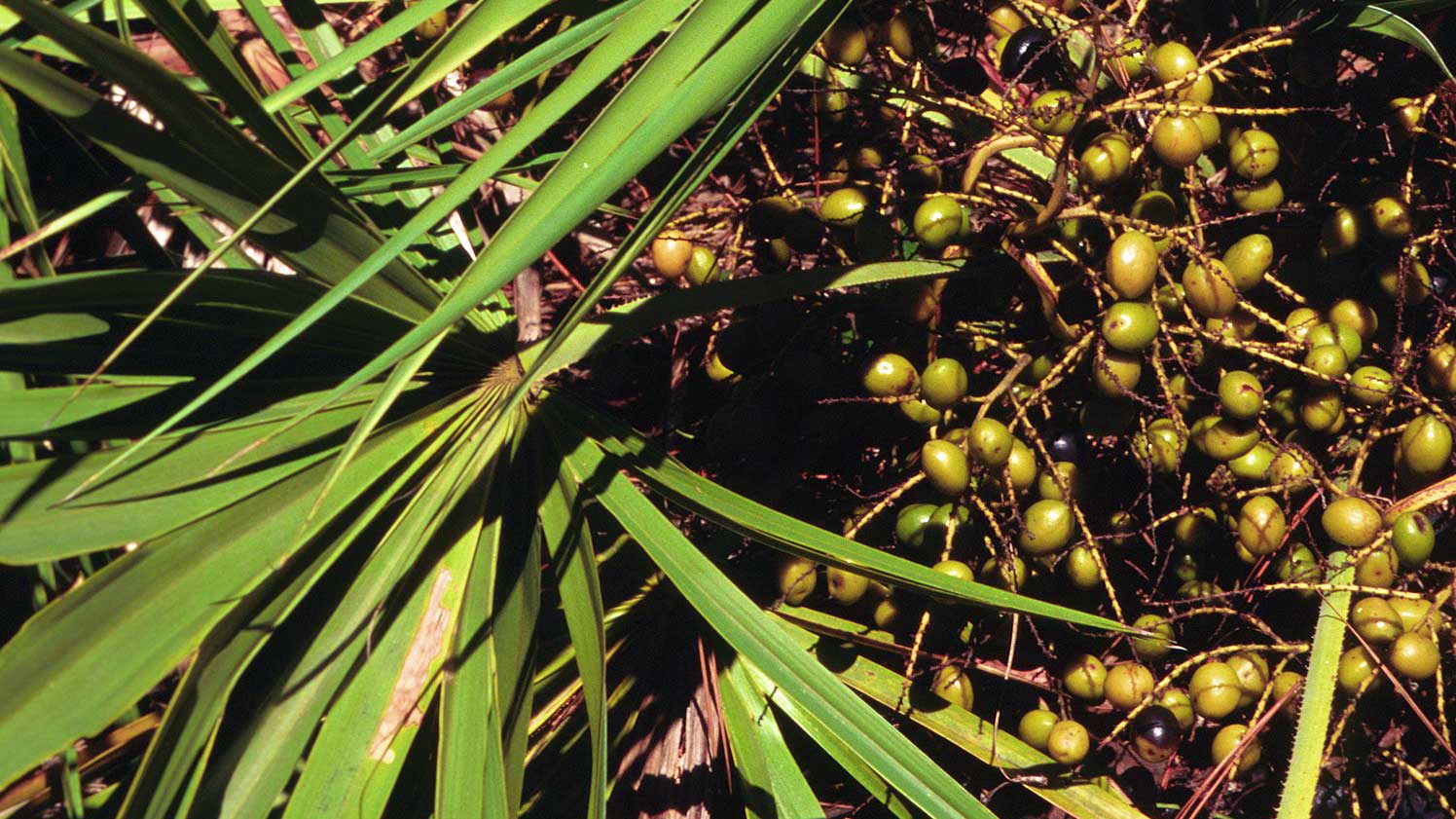
Saw Palmetto and Urinary Tract Function
Saw palmetto, aka Serenoa repens, is the sole species currently classified in the genus Serenoa. Saw palmetto is native to southeastern United States, mainly Florida along Atlantic and Gulf coastal lines.

The fruit is a large reddish-black drupe and is an important food source for wildlife and historically for humans. The plant is used as a food plant by the larvae of some Lepidoptera species such as Batrachedra decoctor, which feeds exclusively on the plant.

Medical
As we recommend for all other plant extracts, people interested in Saw Palmetto extracts are advised to consult with healthcare providers first. Saw palmetto extract has been claimed to be a herbal remedy for benign prostatic hyperplasia (BPH), it is an ineffective treatment, and did not affect PSA levels, even when the extract was provided in high doses. However, the Cochrane studies used different extracts. This suggests that the lack of an effect found in the most recent Cochrane review was due to the differences in the saw palmetto extracts used.
Urinary tract symptoms are common among older men and can include issues like incontinence and difficulty urinating. As mentioned above, Saw palmetto may improve urinary symptoms associated with benign prostate hyperplasia (BPH) — a condition that causes an enlargement of the prostate gland and results in decreased urine flow.
One 12-week study in 92 men showed that taking two capsules daily of Prostataplex, a mix of herbal supplements that includes saw palmetto, helped improve urinary tract symptoms associated with BPH . Similarly, another study in 85 men over the age of 45 found that treatment with 160 mg of saw palmetto twice daily reduced lower urinary tract symptoms, increased urine flow, and improved overall quality of life after 6 months.
However, Laybio believes that more research is needed to determine whether saw palmetto may significantly improve urinary tract function for general public and those with symptoms.
